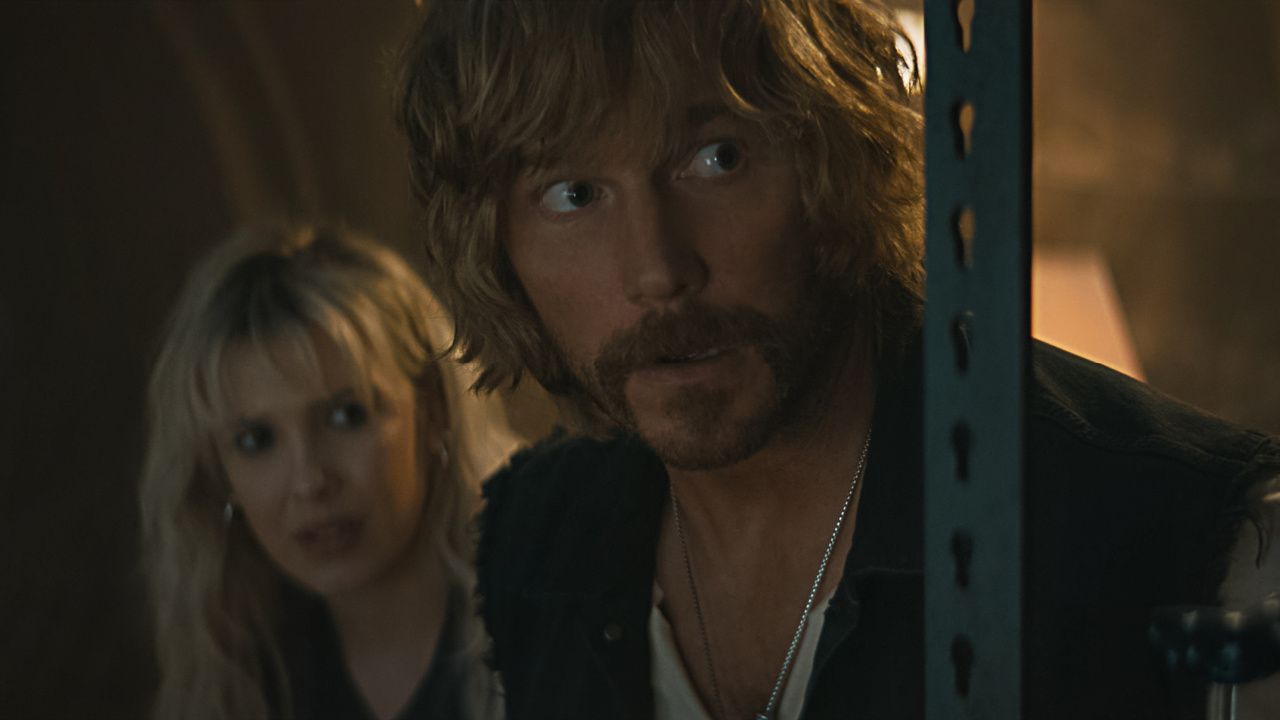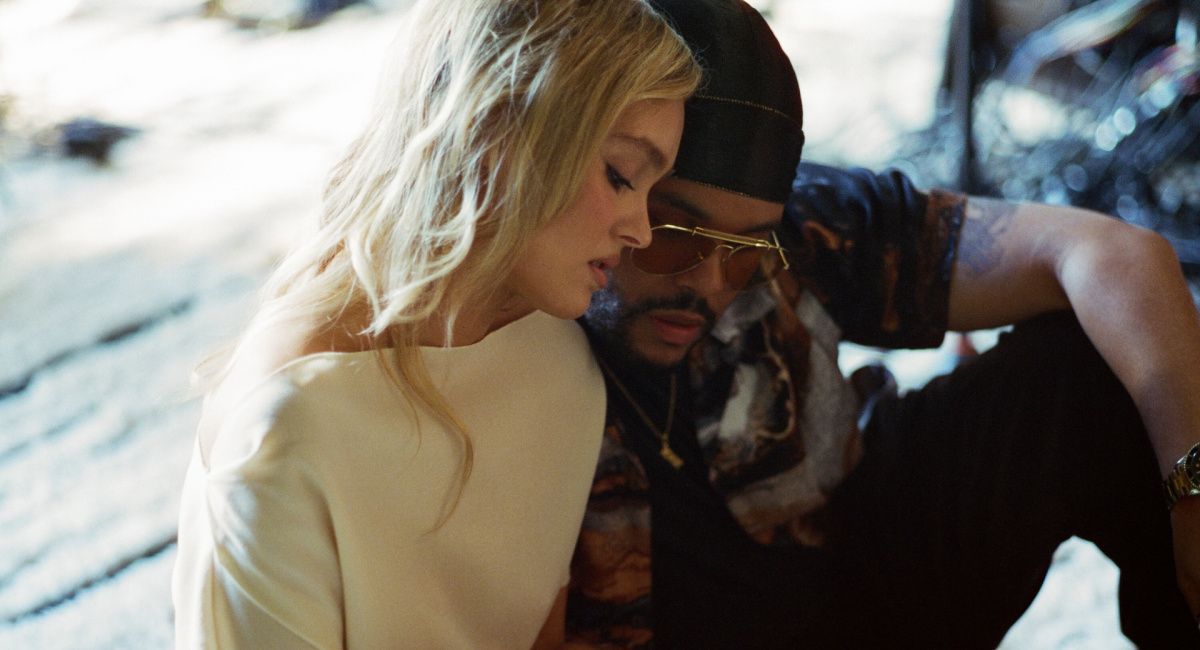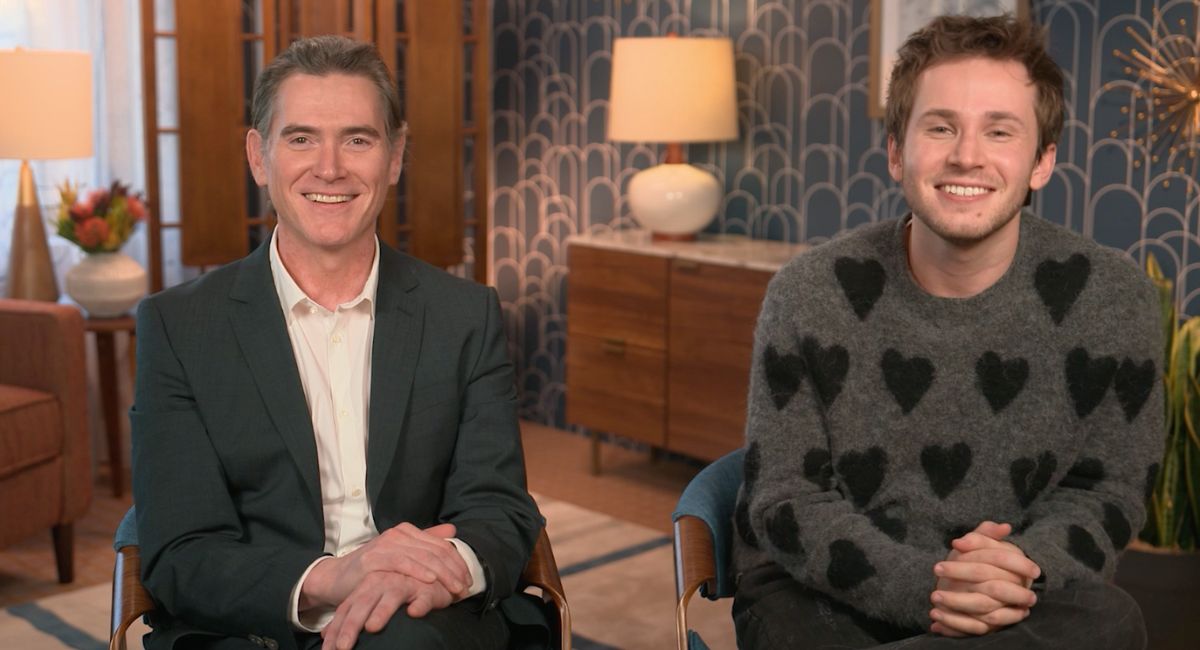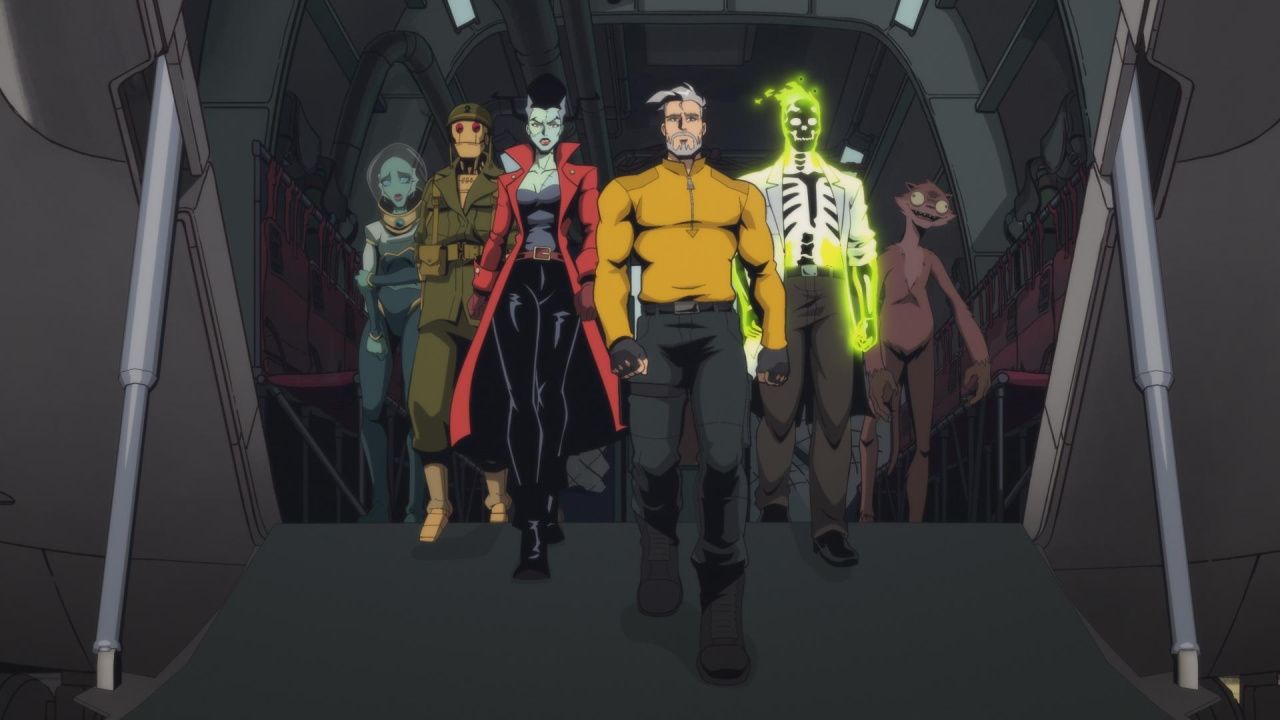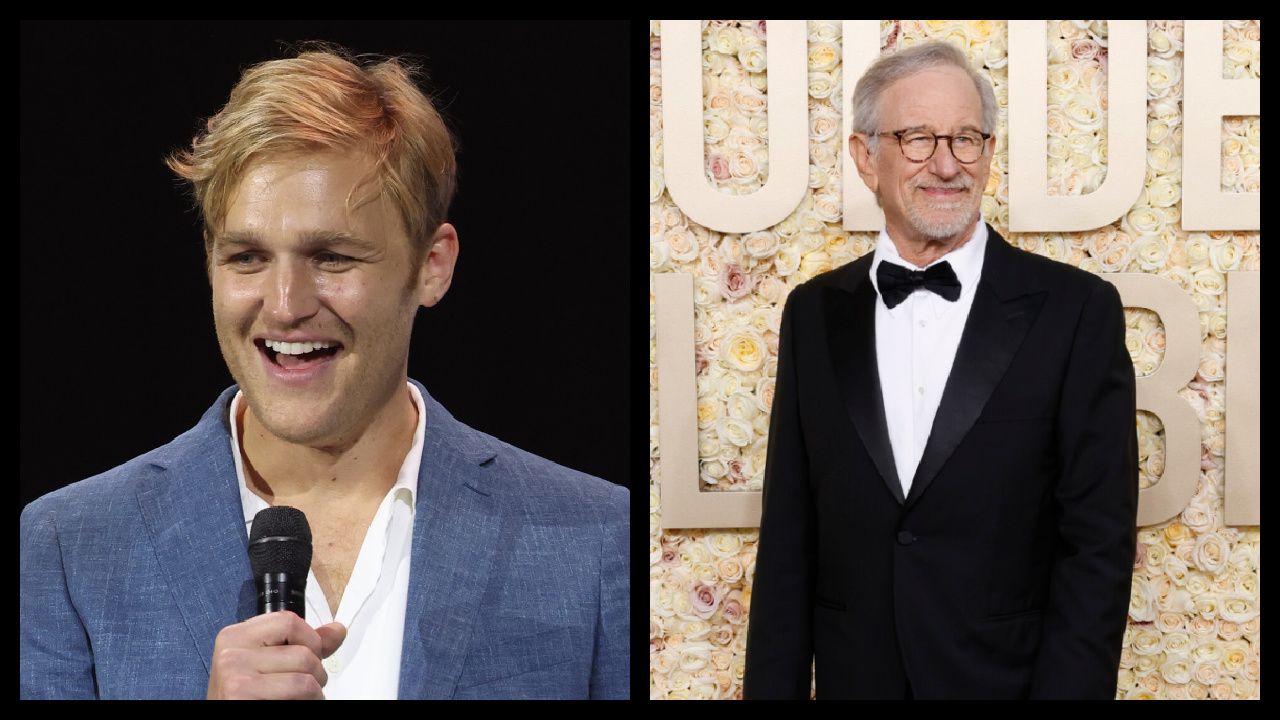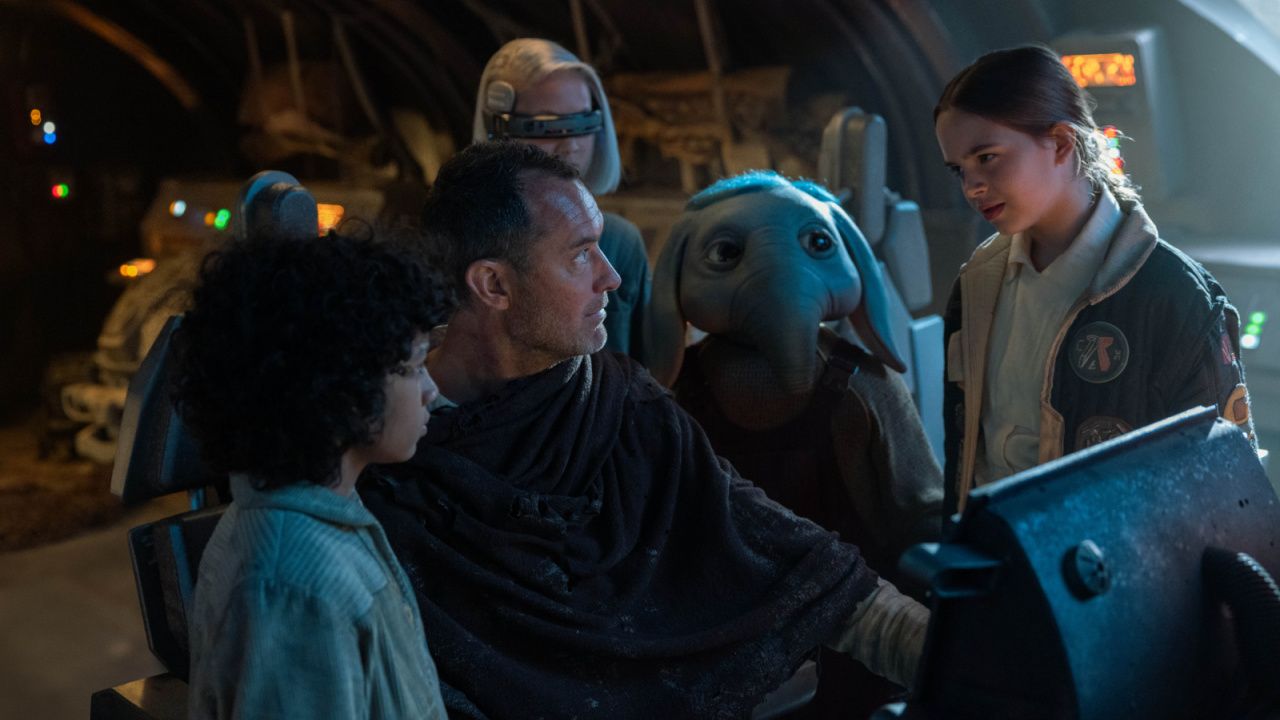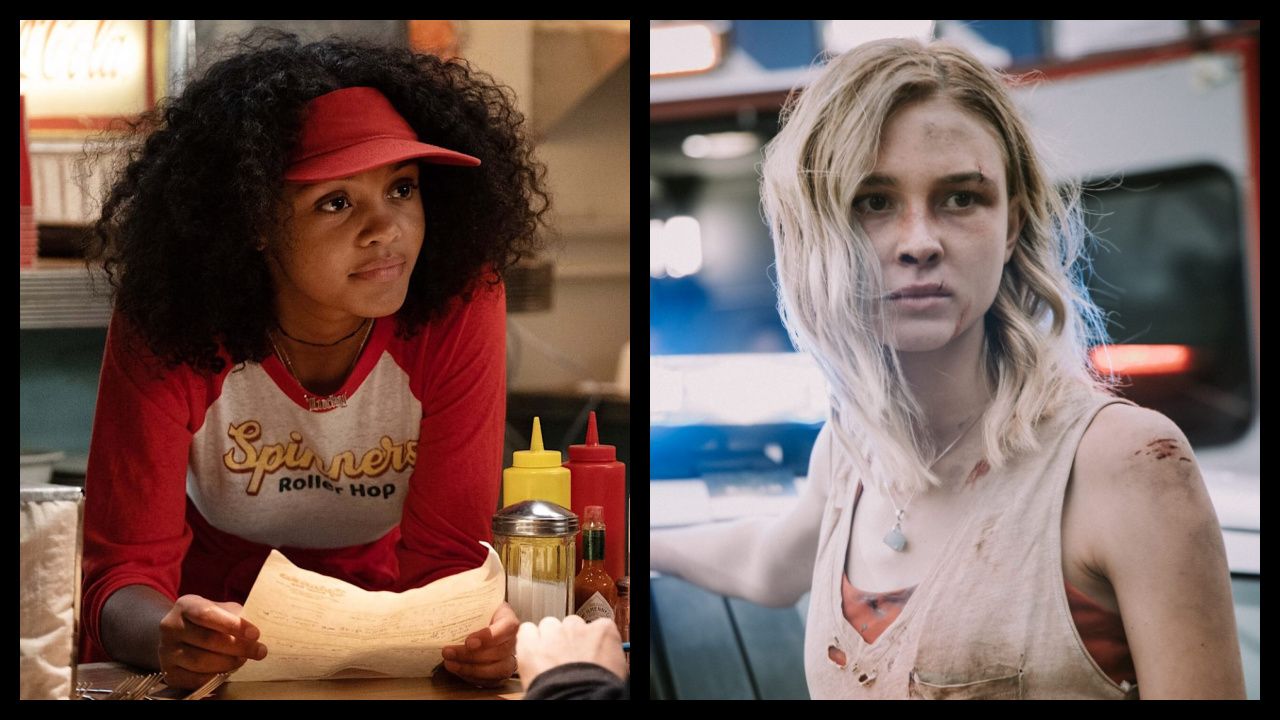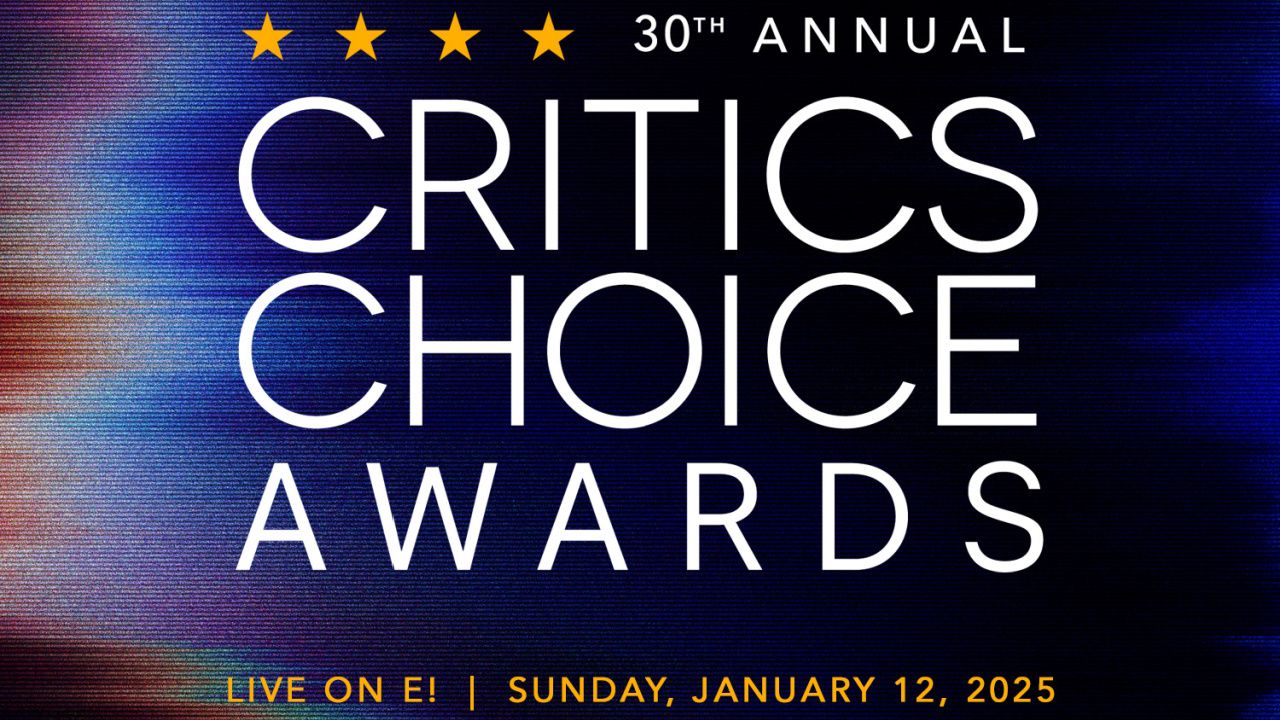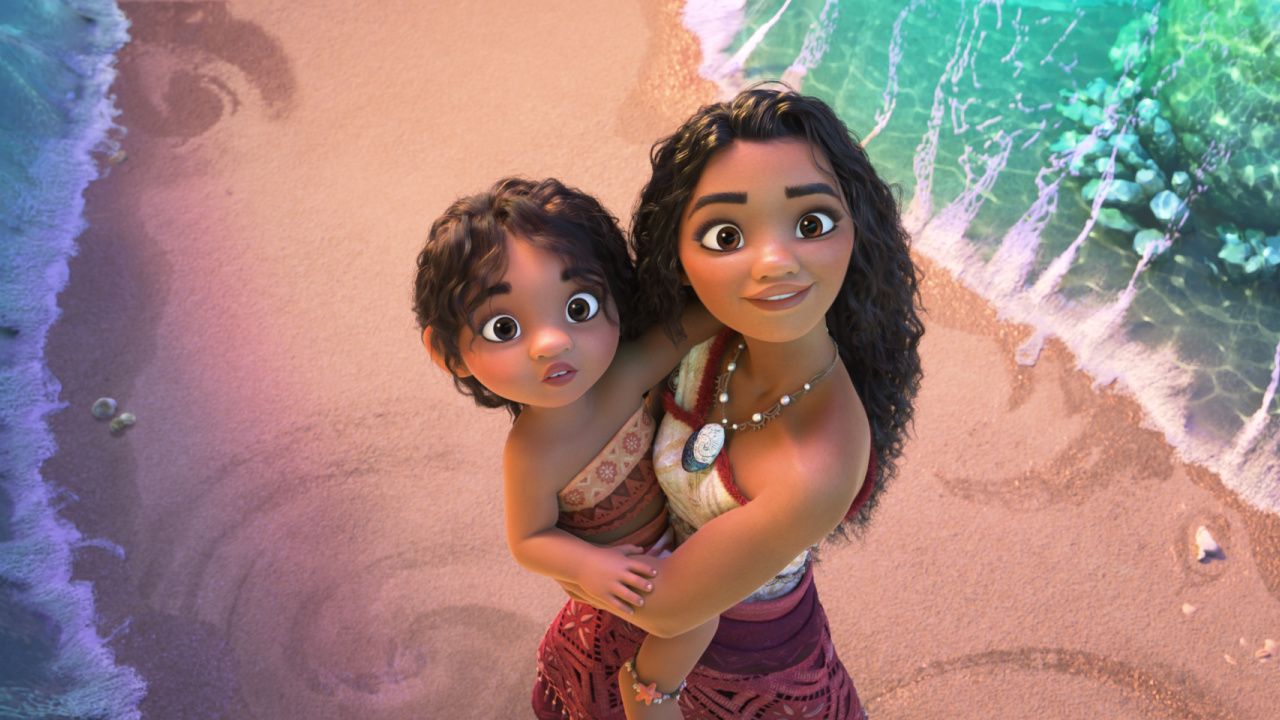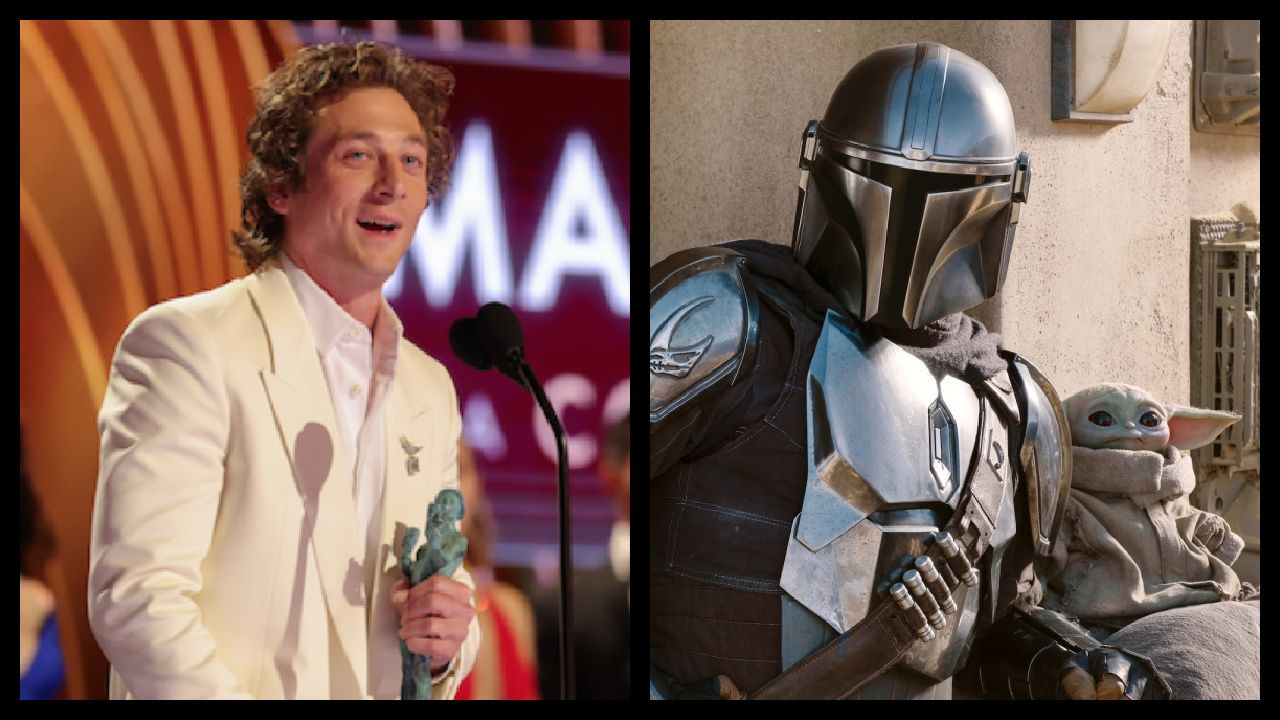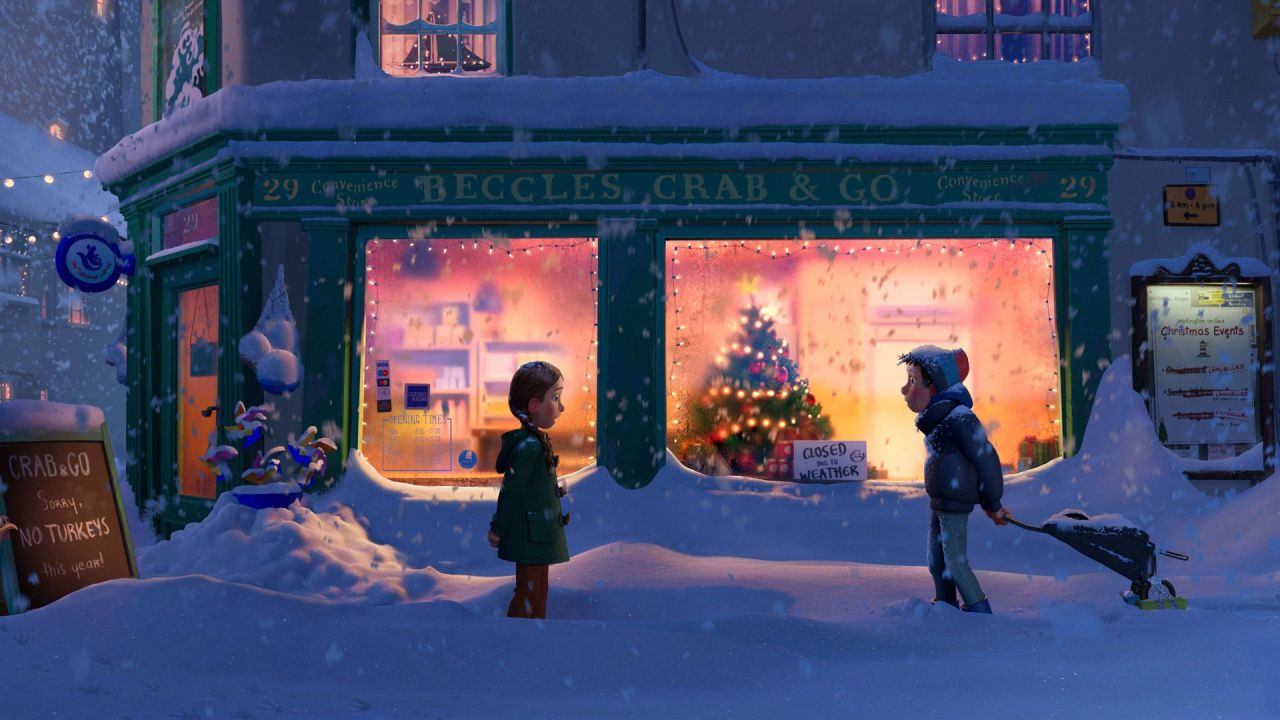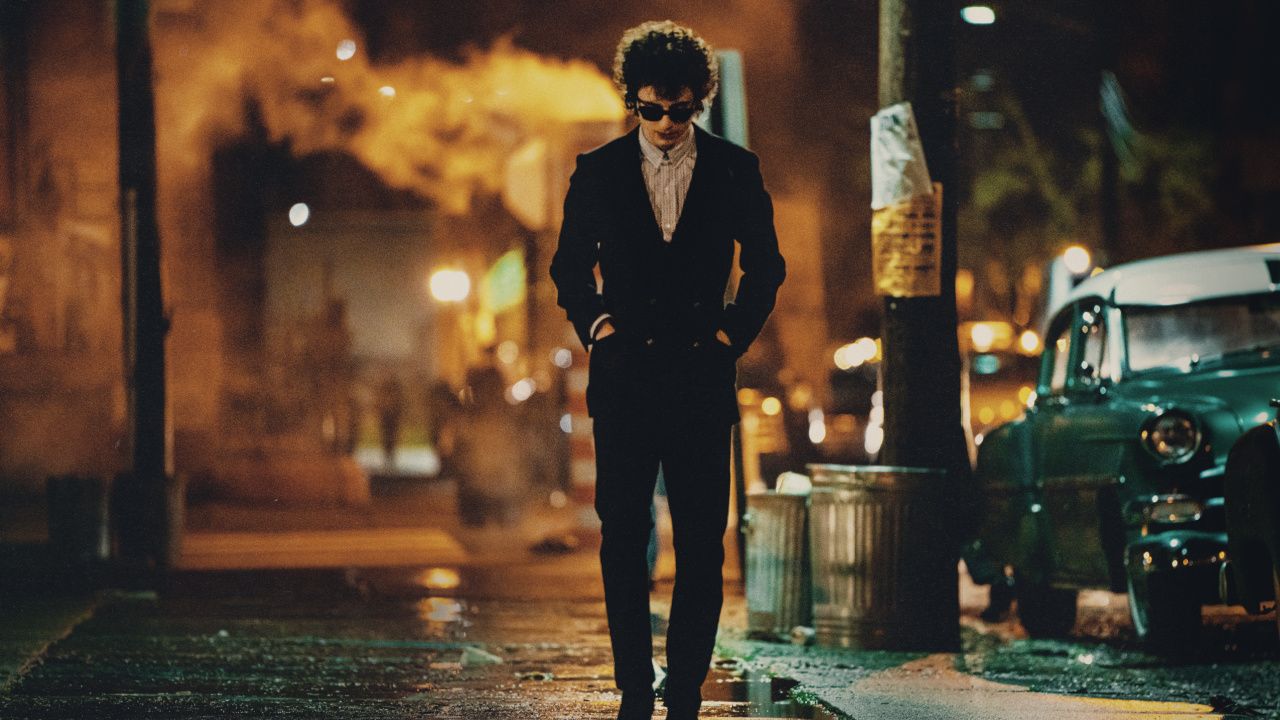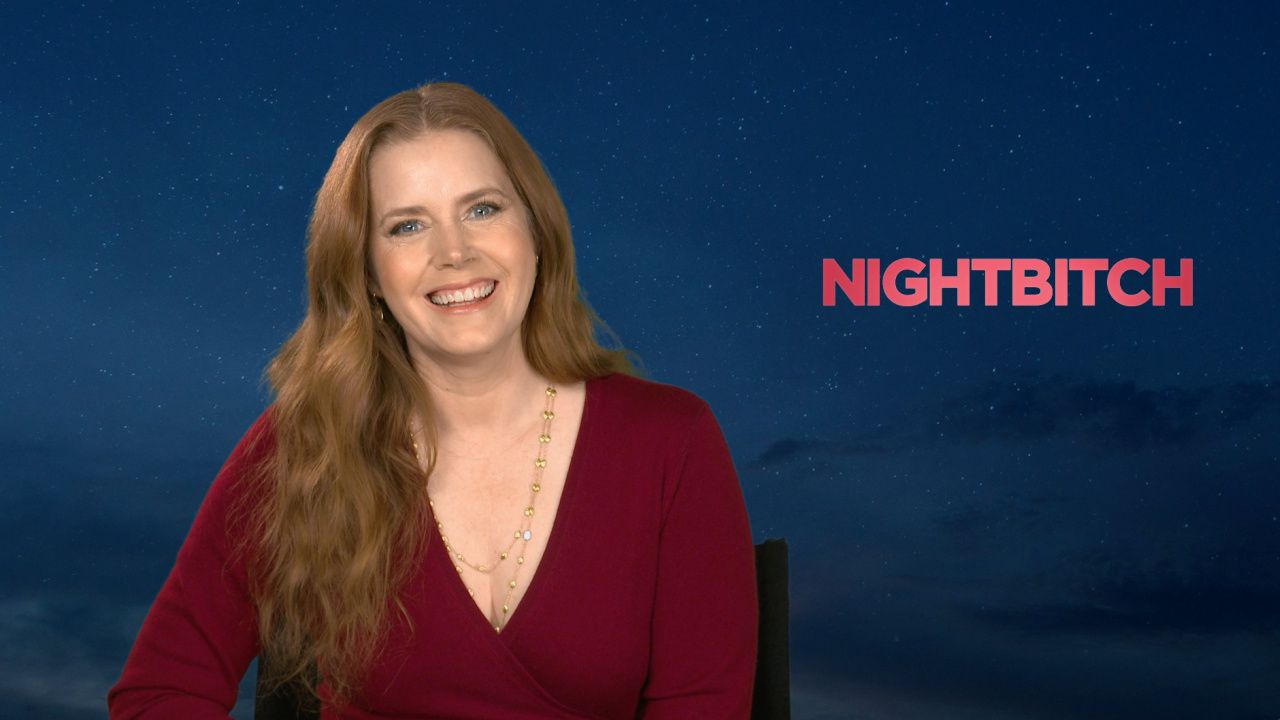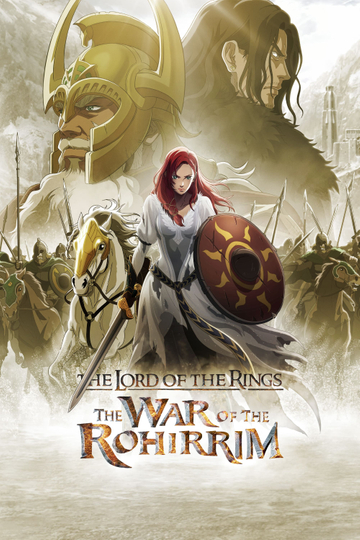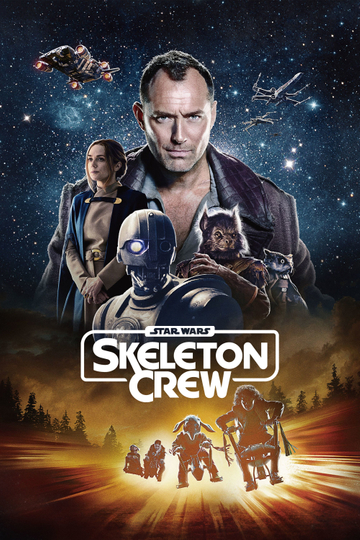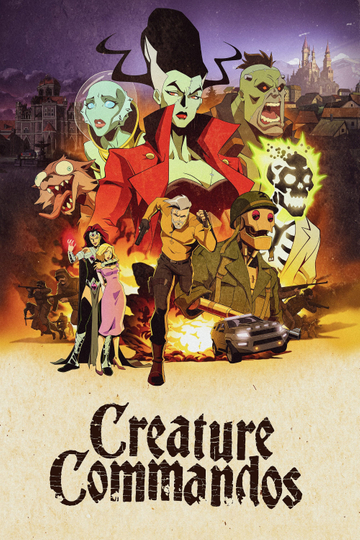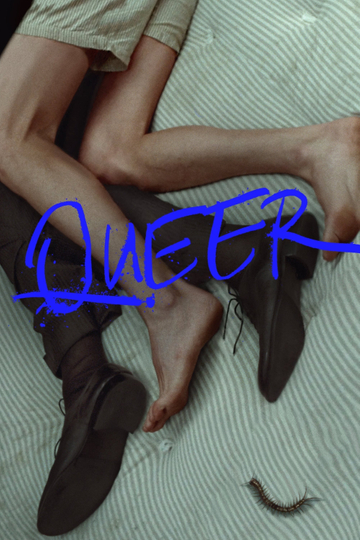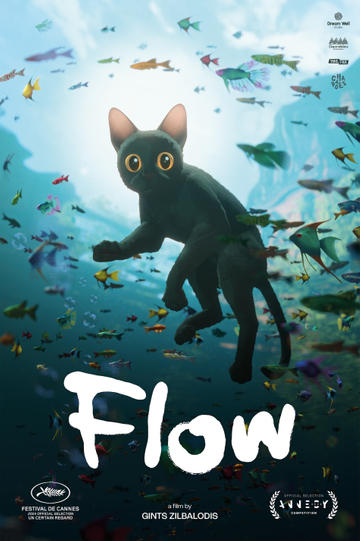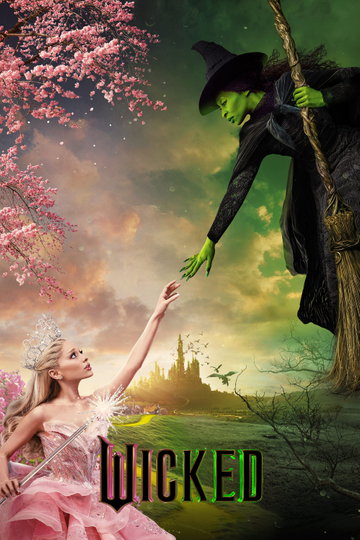Diane Kruger, Ray Nicholson and director Neil LaBute Talk ‘Out of the Blue’
Moviefone speaks with the director and stars of ‘Out of the Blue.’ “I remember getting the script and thinking, this is like a film noir,” Diane Kruger said.
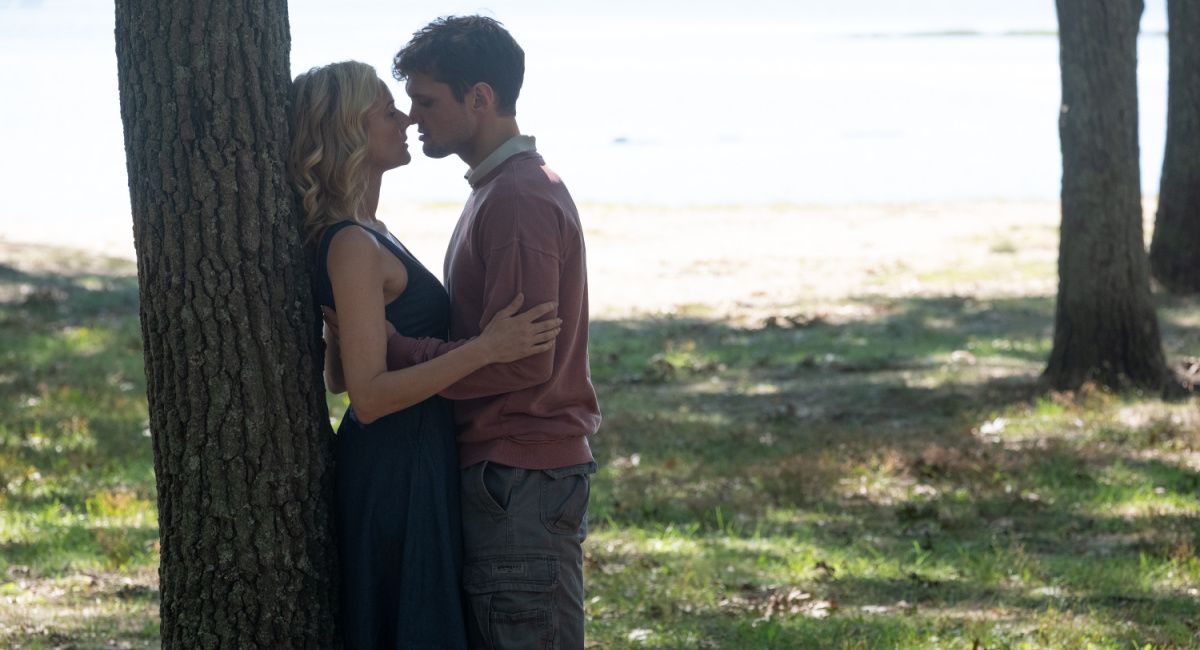
(L to R) Diane Kruger and Ray Nicholson in director Neil LaBute's ‘Out of the Blue.’
Opening in theaters and On Demand beginning August 26th is the new thriller ‘Out of the Blue,’ which was written and directed by Neil LaBute (‘Nurse Betty,’ ‘Lakeview Terrace’).
The film follows Connor (Ray Nicholson), an ex-convict trying to put his life back together while quietly working at a local library. His life gets suddenly complicated when he meets Marilyn (Diane Kruger), a seductive married woman who begins a dangerous affair with Connor.
Moviefone recently had the pleasure of speaking with writer/director Neil LaBute, as well as actors Diane Kruger and Ray Nicholson about their work on ‘Out of the Blue.’ The director talked about crafting a noir, while Kruger and Nicholson discussed their characters and their complex relationship.
Moviefone: To begin with, Neil, can you talk about developing the screenplay and the themes you wanted to explore with this film?
Neil LaBute: Love, lust, and desire. Where we cross the line, how slippery that slope is, and how people incrementally can shift their moral goal posts. I've probably written about that a number of times in various ways, just because I find it fascinating how “regular” people can find themselves doing things that they might have never expected that they would do.
I think this guy in the movie never imagined he'd spend time in prison. He never imagined that this kind of thing would happen to him. In fact, something we touched on that I can't remember seeing in another film, was the device of never seeing the husband until the murder.
So, I don't know that you realize that while you're watching it, but you are taking her at face value. Everything that you see, all these things that you've heard about this husband, you suddenly realize, "Oh my God, I have no idea if this has actually happened or not." So, that was something I really tried to develop, how our desire for something can overtake our good sense so easily in life.
Femme fatales sometimes come off with stilettos, and you kind of go, "Oh, I know she's the antagonist here." But there is not the traditional kind of "come hither' looks and murder on her fingertips. She felt like someone who was in over her head. That this was happening, and she wanted it, but didn't want it. So, I think that was played pretty cleverly close to the vest.
MF: Diane, what was your first reaction to reading the screenplay and what was your approach to playing Marilyn?
Diane Kruger: I remember getting the script and I was on page eight, thinking, "Wow, this is like a film noir." I've never gotten a script like that in my career. They just don't make these kinds of films anymore, right? It had that plot that you're sort of familiar with, because we've all seen those great old movies with that great twist at the end. So, I did love that, and I think it has a very particular tone, just because Neil is a very particular writer and director.
So, it was intriguing enough that I was like, "Why not? This seems like an impossible movie to make these days. When am I ever in my life going to get that opportunity again?" So, that's really why I wanted to be part of it. Then Ray came on board and he's just so impossibly enthusiastic and charming, and it made it so easy. It was fun.
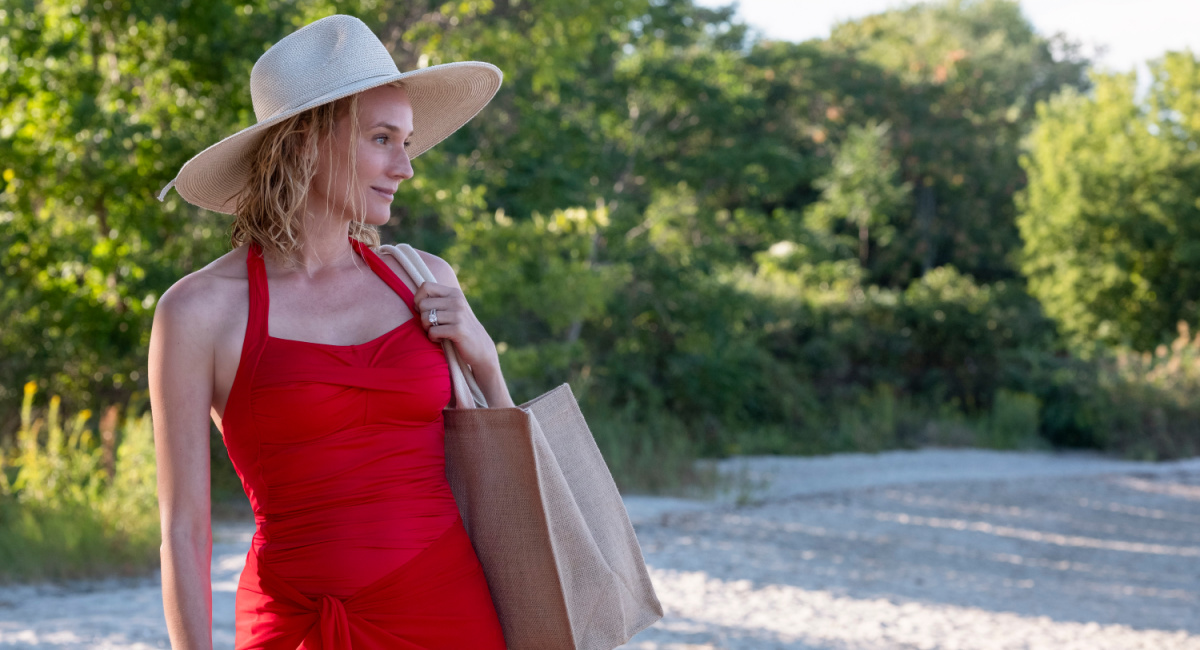
Diane Kruger in director Neil LaBute's ‘Out of the Blue.’
MF: Was it challenging to play such a mysterious character?
DK: It wasn't challenging in the sense of, "Oh, I didn't want to give that 'come hither' look," because to be honest, that's not what I wanted to play at all. I really tried to keep wardrobe, everything modern, and not to fall into that trap of what Neil just said, the perfect stiletto shoe. We give a nod to it, but it's not that campy. It's not meant to be that campy.
MF: Ray, can you talk about Connor's struggle to put his life back together, and how things go off the rails when he meets Marilyn?
Ray Nicholson: I really kind of loved this character. He was somebody that didn't really know how to shoot the mark as a man. The one opportunity that he had to protect somebody that needed protecting, something went horribly wrong. Since then, he didn't want to make any noise, and so he hides himself in this library.
Depending on how you look at the film, this person could have been picked out or it could have been happenstance. It leaves those things open for interpretation, which I think is really fun.
That to me was really fun and putting my own secrets into the character, and just letting it develop. Ultimately, what I needed most, going into working with Neil and Diane, was trusting my choices because they trusted me. That was really important for me. It was just such a wonderful experience. Truly.
MF: Diane, how would you describe the relationship between Marilyn and Connor?
DK: Well, inevitable that he would fall for me, that was a given. That's so fun to play, the sureness. In hindsight, that put-on sensibility that she has, the put-on insecurities. I just think it's fun to play a character is so zeroed in, and then playing those nuances. I love a movie where you go back, and you say, "Wow, I can't believe she did that” and "Oh, that's why she did that." I do think that she genuinely likes him, but there was never a moment in her mind that she was going to go for him, for real.
MF: Neil can you talk about some of the stylistic choices you made as a filmmaker, including the use of title cards before each act?
NL: I mean, once you go on the ride, you have to say, "We're doing it all the way." It would be really strange for you if suddenly it was a handheld movie halfway through. It's framed very tightly, with a lot of long takes. There was very little coverage because it's nice to watch actors act.
So, I'm very comfortable finding a pretty shot and sitting with that. We had beautiful locations, and a lot of phone calls, times in cars, those kinds of classic locations that you would have in this kind of whispered relationship behind closed doors. Even down to the sex scenes. I tried to shoot from afar for a lot of that stuff, and then punch in close. But we didn’t overshoot anything, we really let the actors get the work done, and didn’t try and grab every angle that's there. If you find a good angle, that's what to go with.
So, the title cards came as something that I had always liked in movies. I'd never used any to this number in a film. I've used them before a couple of times. It felt like it gave us chapters almost for the film. We used old title font for the titles, and the sound, I think this has a really great soundtrack. That's sort of a throwback as well. So, I think you kind of have to go all in for those things. I tried from beginning to end, to make it feel like something old, something recognizable, but obviously current.
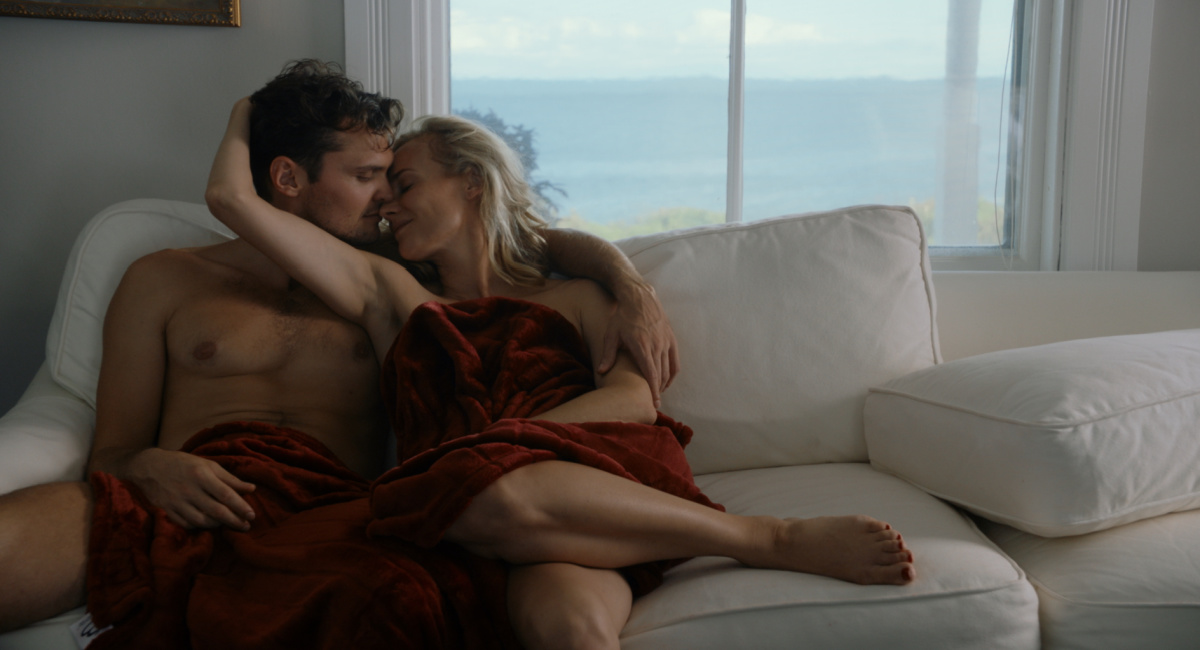
(L to R) Ray Nicholson and Diane Kruger in director Neil LaBute's ‘Out of the Blue.’
MF: Are there any noir films in particular that inspired you to make this movie?
NL: I mean, I love ‘Body Heat.’ I definitely love ‘The Postman Always Rings Twice,’ both versions. I love ‘Out of the Past,’ ‘Double Indemnity,’ and ‘Sunset Boulevard.’ One of my favorites is very colorful, which is surprising for film noir, which is ‘Leave her to Heaven.’ It has as bad a femme fatale as you can probably find in movies. Gene Tyranny really rips it up in that movie.
My mom showed me that movie years ago. We used to wait for the TV guide to come and circle movies, because that was how you would find a movie. It took months and years sometimes for them to come on. When she showed me ‘Leave her to Heaven,’ I mesmerized by this woman, she was so beautiful, and she did such rotten things. It really stuck, and I've always loved those characters. Like Jane Greer in ‘Out of the Past’ is one of my favorite performances in anything. She's mesmerizing. So, I think that tradition of female characters was definitely something I tried to get in the script.
MF: Ray, you have some great scenes with Hank Azaria, who plays your character’s parole officer. He starts off very aggressive with Connor but is eventually sympathetic towards him. Can you talk about their complex relationship?
RN: Hank was so wonderful to work with. He was so giving. He talked about his process, and his way of acting. I even tried out some stuff that he gave me. He was like, "I see you're doing this thing. That's cool." We had a really great time just chopping it up, chopping up the story with Neil. I think that's kind what you find in those relationships, is that there is this harshness in of fraternal relationships, male relationships.
But ultimately underneath there is this love of, "I am trying to pull you towards this solution that I know is good. I see something in you. Maybe I see that you're not a bad kid." Maybe as a parole officer, there's so many people that aren't good people. Then he sees that this kid is just in a bad situation that just gets worse and worse. So, it was fun to explore that with him, to work with him, and to talk to him and hear him do impersonations. It was awesome.
MF: Finally, Neil can you talk about casting Diane and Ray in these roles?
NL: I've been lucky for 25 years or so to work with really good actors. I think part of that is that I like actors. It's that I genuinely want to collaborate with them and don't want to just tell them how I think they should play the part, and hopefully they respond to that. Most have, and you just get lucky sometimes.
It wasn't written for Ray and Diane. It was ideas that came from casting and from myself. You put people together and you never know. Especially when it's going to get intimate. This is going to be difficult.
It's hard enough to stand in front of a camera and know that people really want to have their lunch break. But first you have to cry. It's a tough job. We make it worse when we make movies, because it's all about economics. It's not about what would work best for them in terms of what they're doing. If they have a bed scene on their first day, they do simply because we need to be in that hotel room. Not because that's how they want to do it.
So, I'm sympathetic to that. I say, "Hey, let's create this little cocoon and work together, and do the best we can do." But that doesn't make chemistry. That doesn't make what happens on the screen with them work. Somehow, they click, and I don't know why. Why do people work individually on the screen? Why do they work together? I hope these guys make more movies together because I like watching them.
It was a pleasure to watch putting together, not just on the day, but editing the movie. I feel for them both, even though I know what's going to happen and I know what calculations she's making. Even going into it, the kind of movie that it is, something's happening, and it's about figuring it out. It's not necessarily even who done it, it's why, and all those kinds of things.
So, casting is a great part of it. I hate the audition process. It's hard on me, so I know it's terrible on them. So, it's nice when you can go to somebody and say, "Hey, would you like to do this thing," rather than make them stand up there and read the lines. If you get lucky, you have people like this, and that makes you happy. So, it was great to work with them.
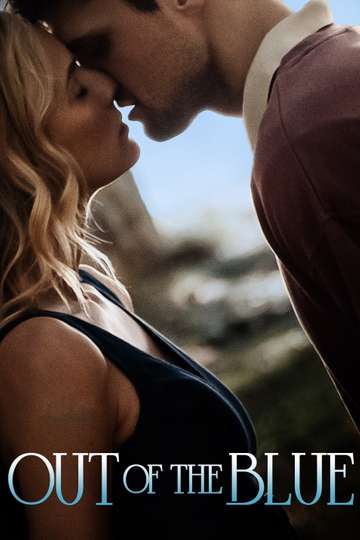
Out of the Blue












